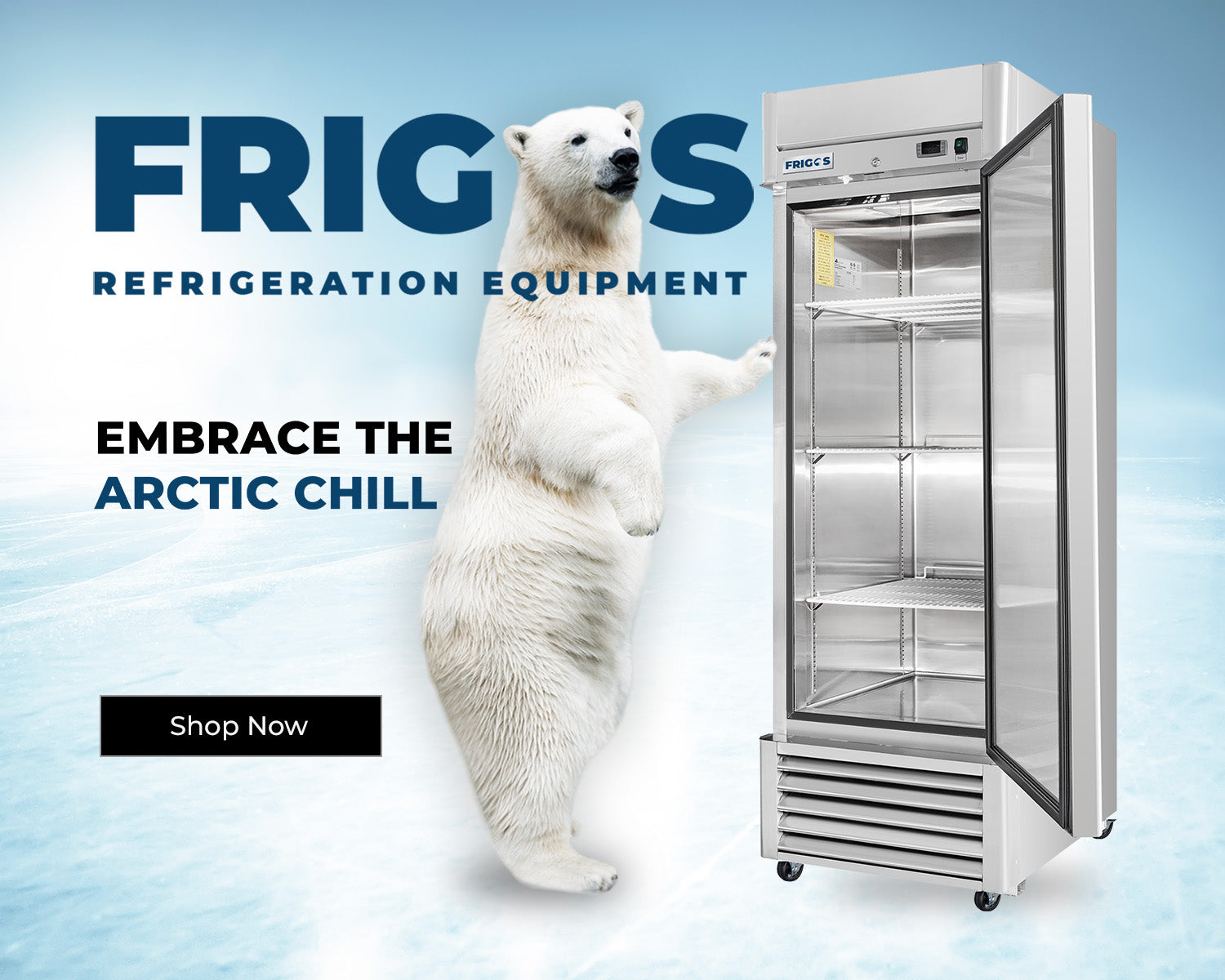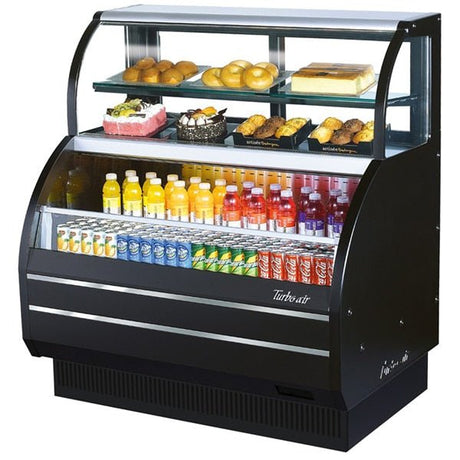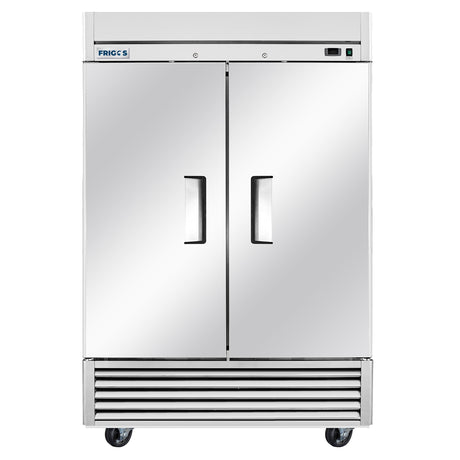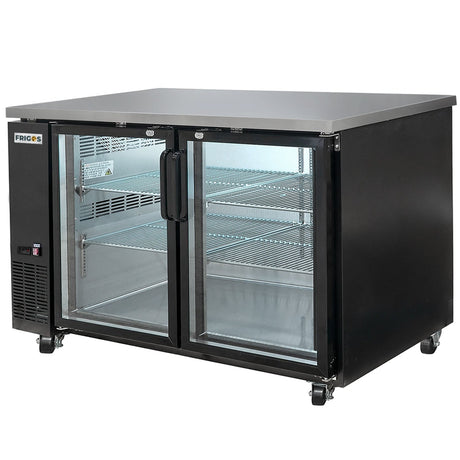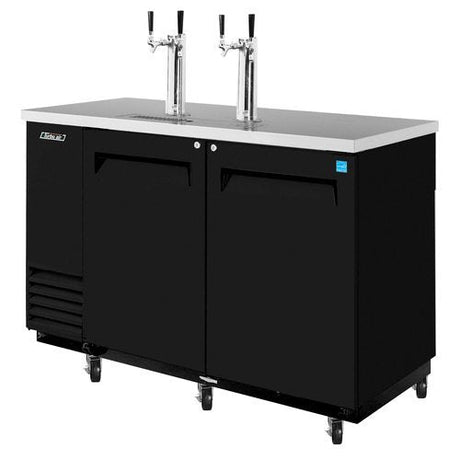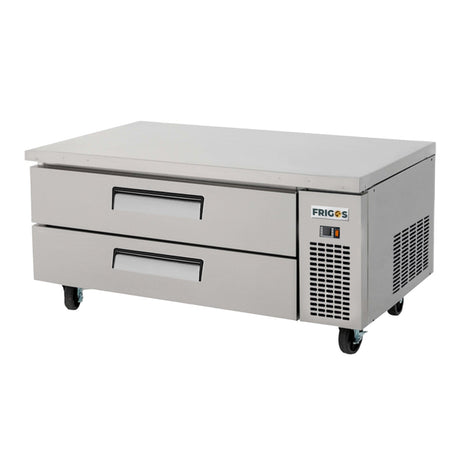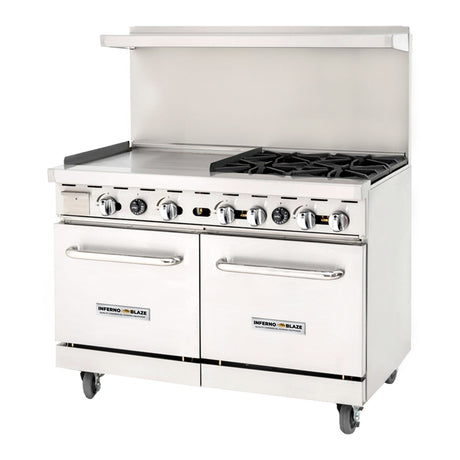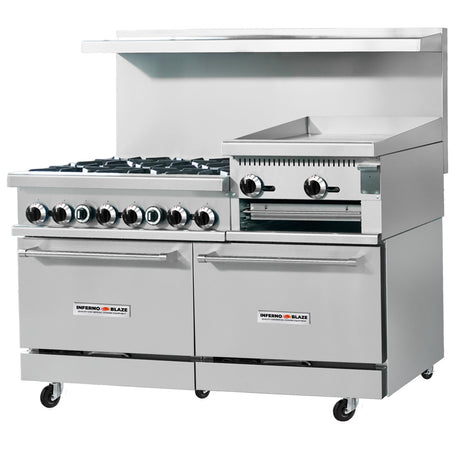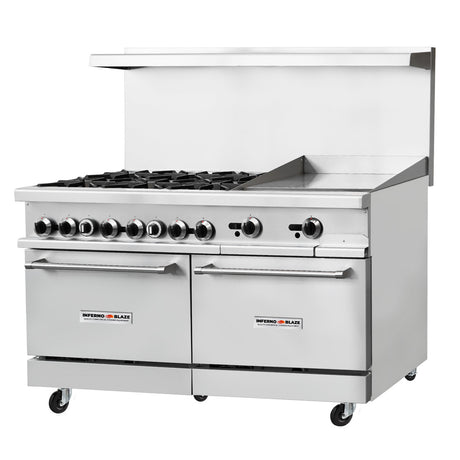Freezers play a pivotal role in preserving perishable items, extending their shelf life and ensuring we have access to fresh produce whenever needed. However, not all freezers are created equal, and understanding the differences between commercial freezers and residential freezers is crucial for making informed decisions based on specific needs. In this comprehensive blog post, we will delve into the unique characteristics, functionalities, and considerations associated with both commercial freezers and residential freezers.
Commercial Freezers
Size and Capacity:
Commercial freezers are typically larger and more spacious compared to their residential counterparts. Designed to accommodate substantial quantities of food items, these freezers are essential for businesses like restaurants, grocery stores, and catering services. The size allows for efficient storage and easy access to a diverse range of products. For businesses looking for reliable commercial solutions, the Frigos Value Series offers a perfect balance of capacity and performance.
Temperature Control and Consistency:
One of the key differentiators is the precise temperature control offered by commercial freezers. They often feature advanced temperature management systems that ensure consistent and uniform cooling throughout the storage space. This is vital for preserving the quality of various food items, especially in a commercial setting where a wide array of products with different temperature requirements may be stored simultaneously.
See here: A Comprehensive Undercounter Refrigeration Buying Guide.
Durability and Build:
Commercial freezers are built with durability in mind. Constructed from high-quality materials, these freezers are designed to withstand the rigors of constant use in a commercial environment. They often feature robust compressors and heavy-duty components, ensuring a longer lifespan compared to residential models.
Accessibility and Organization:
Quick and easy access to stored items is paramount in a commercial kitchen. Commercial freezers are designed with accessibility in mind, often featuring multiple compartments, shelves, and drawers for efficient organization. This facilitates a streamlined workflow, enabling chefs and kitchen staff to locate ingredients swiftly during the bustling operations.
Energy Efficiency:
While commercial freezers tend to be larger and more powerful, they are also engineered to be energy-efficient. Modern commercial freezers often come with energy-saving features and technologies, such as high-efficiency compressors and insulation, to minimize operational costs for businesses.
How to: Maximizing Sales and Efficiency with Refrigerated Merchandisers: A Comprehensive Guide .
Residential Freezers:
Size and Space Considerations:
Residential freezers are designed with the average household's needs in mind. They come in various sizes to accommodate different kitchen layouts and consumer preferences. Unlike commercial freezers, residential models are more compact, fitting seamlessly into standard kitchen designs.
Temperature Control:
While residential freezers offer adequate temperature control, they may not have the same precision and consistency as their commercial counterparts. This is generally acceptable for home use, where the range of items stored is narrower, and variations in temperature requirements are less critical.
Build and Aesthetics:
Residential freezers prioritize aesthetics and blend seamlessly with kitchen decor. They are often designed to be visually appealing and may come in a variety of finishes to match other kitchen appliances. While durable, they may not be as robust as commercial freezers due to the difference in usage intensity.
Read More : The Complete Guide to Buying Refrigerated Prep Tables.
Organization and Accessibility:
Residential freezers are designed for the convenience of homeowners. They typically have adjustable shelves, door compartments, and storage bins to enhance organization. While not as extensive as commercial freezers, these features are adequate for the average household's needs.
Cost Considerations:
Perhaps the most significant difference for many consumers is the cost. Commercial freezers are a substantial investment due to their size, advanced features, and durability. Residential freezers, on the other hand, are more budget-friendly, making them accessible for a wider range of consumers.
Explore our full guide to Choosing the Best Commercial Refrigerator.
Conclusion
Understanding the differences between commercial and residential freezers is essential for making informed decisions based on specific requirements. While commercial freezers excel in size, precision, and durability, residential freezers prioritize aesthetics, adaptability, and affordability. Whether you're a chef running a bustling kitchen or a homeowner looking to stock up on groceries, choosing the right freezer that aligns with your needs is crucial for efficient storage and preservation. Investing in Value series commercial freezers ensures you get the best combination of capacity, reliability, and energy efficiency for your business.






